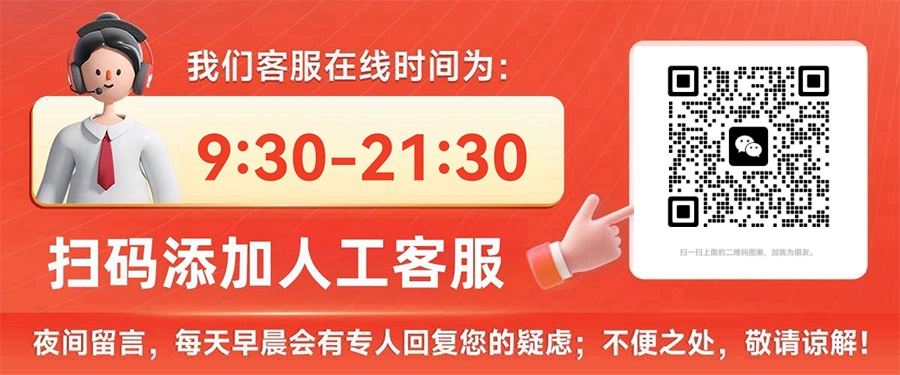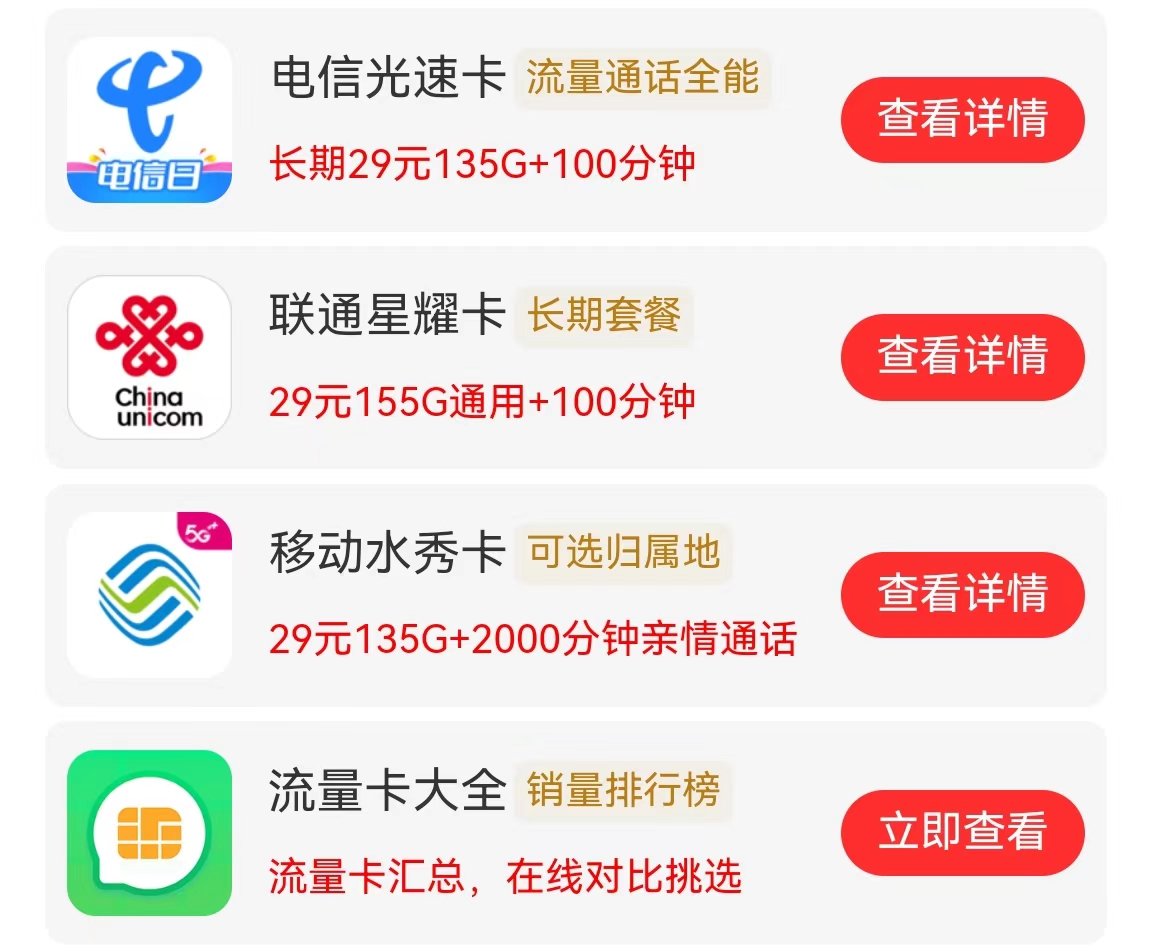4G Evolved Packet Core (EPC) forms the nucleus of the LTE (Long Term Evolution) network, adopting a cutting-edge IP-based architecture that separates control and user planes and enables support for IMS (IP Multimedia Subsystem) and multimedia services. Compared to its 3G counterpart, EPC offers several advancements:

- Enhanced Performance and Efficiency: EPC leverages packet switching technology, optimizing network resource utilization, boosting data transfer rates, and reducing latency.
- Scalability: With virtualization, 4G EPC can expand capacity dynamically in response to varying demands.
- Advanced Functionality: Support for IMS and other multimedia services enriches users’ mobile internet experiences.
EPC Architecture:
The 4G EPC primarily consists of four key elements:
- MME (Mobility Management Entity): Manages user mobility, encompassing tasks like location tracking and handover management.
- HSS (Home Subscriber Server): Stores subscriber identities and service parameters.
- SGW (Serving Gateway): Handles user data traffic, including IP address allocation and QoS control.
- PGW (Packet Gateway): Connects to external networks, such as the Internet.
EPC Functions:
Main functions include:
- Access Management: Authenticates, authorizes, and authenticates users.
- Mobility Management: Tracks user locations and facilitates seamless handovers during movement.
- Session Management: Establishes, maintains, and terminates user sessions.
- Data Transmission: Routes and forwards user data.
- Billing and Administration: Manages user billing and network operations.
Evolving Trends:
With the progression of 5G technology, 4G EPC is evolving to accommodate new requirements:
- Network Virtualization: Migrating EPC components to cloud platforms enhances flexibility and scalability.
- Software-Defined Networking: Separating control logic from forwarding enhances network agility and control.
- Network Slicing: Segregating the network into slices caters to diverse service needs.
Impact on Mobile Internet Development:
4G EPC serves as a foundation for the rapid growth of mobile internet. It empowers higher data speeds, a wealth of services, and superior user experience, fostering the proliferation and advancement of mobile internet applications.
Conclusion: As a pivotal part of the 4G mobile communication system, the 4G EPC has significantly contributed to the mobile internet’s progress. It continues to evolve alongside 5G technology to address emerging requirements.




























